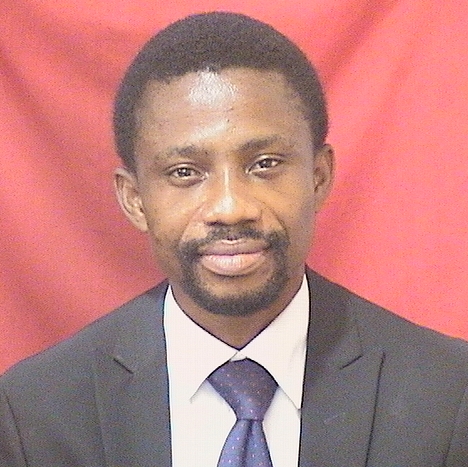Profile
Professor Samuel Adu-Gyamfi is an Applied Historian in KNUST. He is the former head of the Department of History and Poltical Studies and currently, the Vice Dean of the Faculty of Social Sciences in the College of Humanities and Social Sciences of the same University. His research focus is in Applied History including the social studies of health and medicine in Africa. Through Applied History, he makes explicit attempt to illuminate current challenges and choices by analyzing historical precedents and analogues. He begins with a current choice or predicament and provides a perspective from history. His current interests include applied history of epidemics, pandemics, education, politics, security and development in Africa in general and Ghana in particular. Addressing what Niall Ferguson has called the “history deficit” in policy-making, he engages in research and teaching in the area of History of Health Policy, History of Medicine in Africa, History of Science and Technology, Asante-British Relations in the Nineteenth Century, History of Ghana, Modern Chinese History with emphasis on China's Relations with Africa including Politics and Development in Africa among others, to address the history and policy quandary. In pursuit of same, Prof. Adu-Gyamfi works as an active public historian and discussant on television and radio. His interests include issues that cut-accross history, culture, politics and dvelopment. His advocacy is driven by two Christian Philosophical constructs: kenosis (self-emptying) and paideia (pursuit of true knowledge through a christ-like nature) and the interpretation (hermeneutic) or understanding of same within the indigenous or cultural context. Prof. Adu-Gyamfi is addicted to the building and nurturing of the new African, through the ethos or consciousness that is liberating to the African mind in a globalized world. Through applied history and prophetic ethics (Proclamation of the Divine as the redeemer of the oppressed), he echoes the voices of the African masses who are seeking for true knowledge revolution and change; in their social, economic and political conditions on the continent and in the diaspora.

